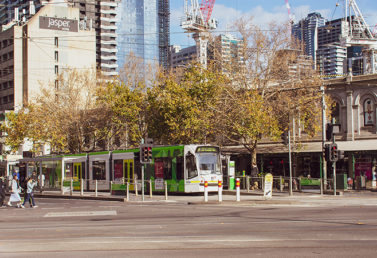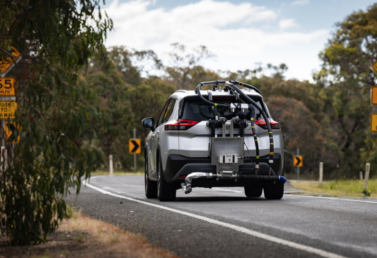Increases in household transport costs outstripped the inflation rate in 2019 with Sydney, Melbourne and Brisbane remaining Australia’s most expensive capital cities.

Increases in household transport costs outstripped the inflation rate in 2019 with Sydney, Melbourne and Brisbane remaining Australia’s most expensive capital cities.
The latest findings are contained in the Australian Automobile Association’s (AAA’s) quarterly Affordability Index which also shows the typical household now spends 13.8 percent of its income on transport costs.
AAA Managing Director Michael Bradley said the Affordability Index measures household transport costs in all capital cities, as well as a regional centre in each state and the Northern Territory.
The AAA’s Affordability Index measures a multitude of household transport factors including the costs of fuel, car insurance, registration, loan repayments, maintenance, public transport and toll roads.
Nationwide, transport costs for households increased by 2.1 per cent over the year with a small variation between capital and regional cities.
“In 2019, the average annual transport costs for the typical metropolitan household increased by 2 per cent, from $18,227 to $18,596 over 12 months”.
“The increase for the typical regional household was 2.2 per cent, going from $14,660 to $14,988 over the same period”, Mr Bradley said.
Loan repayments followed by fuel, tolls and public transport were the largest weekly costs in the capital cities. In regional cities the largest costs were also loan repayments and fuel but followed by registration and servicing and tyres.
“The Affordability Index serves as a reminder to all levels of government of the importance of constantly finding new ways to relieve the pressure on household budgets”.
“In the coming months the Commonwealth and State and local governments are finalising their budget for 2020/21. This is the moment when new initiatives and new investments designed to drive down transport costs, need to be front and centre of budget deliberations”, Mr Bradley said.
Media contact:
Jake Smith
0403 466 153
[email protected]

The latest AAA Transport Affordability Index reveals transport cost rises exceeded the consumer price index not only in the September 2023 quarter but also over the 12 months to the end of September.
read more
Initial results of Australia’s first program to test vehicle real-world performance show the cars tested use up to 13% more fuel on the road than they did in lab tests reported by manufacturers.
read more
The quarterly update of the AAA’s EV Index shows the Australian new vehicle market continuing to change.
read more